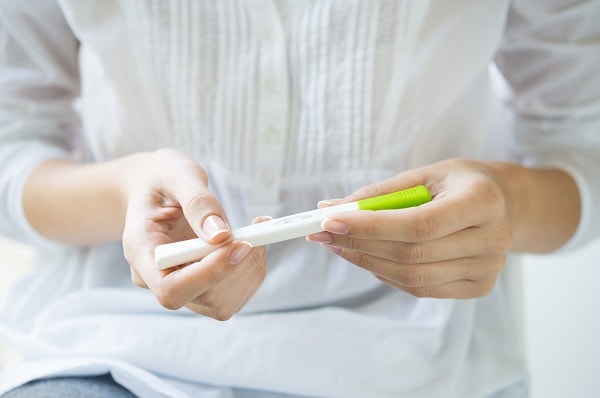Are you pregnant or you are thinking of getting pregnant? If yes, you need to start adding folic acid to your diet for many good reasons. As a matter of fact, it is also vital to get the proper amount of folic acid from your diet as a woman. Read on to know more about taking folic acid during pregnancy.
Folic acid is actually a B vitamin, B9 to be exact. It occurs naturally as folates in food items such as oranges, dark green leafy vegetables, pulses, whole grains, beef extract, and others.
Understanding Folic Acid and Pregnancy
When you are pregnant, the neural tube helps with the development of the baby’s brain and spinal cord. For this reason, folic acid is needed to help prevent NTDS or neural tube defects; serious brain defects such as anencephaly and spinal cord such as spina bifida. These defects usually occur at an extremely early stage of the baby’s development, and at times even before most women know that they are pregnant.
Reports show that a baby is less likely to develop neural tube defects if the mother takes the recommended daily dosage of folic acid from for at least once per month prior to conception and throughout the first trimester of pregnancy.
The body also needs folic acid to develop normal red blood cells as well as to prevent a certain type of anemia. In addition, it is vital for DNA production, functioning, and repair. This means that it is important to get enough folic acid for rapid placenta cell growth and the development of the baby.
Taking Folic Acid during Pregnancy
Folic acid is not recommended in the same dosage for everyone. You should take 400 micrograms as a daily supplement as soon as you make the decision to try and get pregnant. After that, you would take it for the first twelve weeks of pregnancy while eating lots of folate rich foods.
Your doctor might prescribe folic acid in a much higher dose for you to take 5 milligrams daily if you had a child previously with a neural tube defect. In this case, you would have a higher risk of giving birth to another child with this defect.
You could get prescription for a much higher dose if you are using certain medicines for conditions such as epilepsy. This is because such medicines might prevent the body from absorbing it.
You would also get recommendations to take 5 milligrams of folic acid if you have diabetes and a body mass index (BMI) over 30, or you are overweight.
If you have diabetes and you are overweight, you will have a higher risk of giving birth to a baby with an NTD. Females with a higher BMI usually have reduced amounts of folate in the blood.
For this reason, you should consult your doctor when you decide to have a baby.
Here are some of the foods to eat in order to get more folic acid during pregnancy:
- Brussels sprouts
- Asparagus
- Black-eyed beans
- Broccoli
- Bran flakes
- Baked potatoes
- Tinned salmon
- Hard-boiled eggs
- Yeast extract
- Brown rice
- Citrus fruits
- Orange or orange juice
- Granary bread
- Beets
- Cabbage family
- Boysenberries
- Cantaloupe
- Green leafy vegetables
- Soy flour
- Soybean sprouts
- Spinach
 All of these foods are packed with various other nutrients as well that is good for both you and your baby.
All of these foods are packed with various other nutrients as well that is good for both you and your baby.
It is important to point out that folates will dissolve in water. As of such, when taking folic acid during pregnancy you should try to microwave or steam your vegetables instead of boiling them to get more benefits. You should not overcook these food items because that can destroy the folates in them.
Another thing to know is that it will be more difficult for your body to absorb folic acid if you are using or taking aspirin, alcohol, coffee, tobacco, sulfa drugs, or oral contraceptives; have fever or celiac disease, or under a lot of stress. It will be a good idea to avoid such substances/situations for better absorption.
Folic Acid Deficiency
As mentioned above, a deficiency in folic acid can cause many neural tube defects such as anencephaly and spina bifida. Aside from those, B9 vitamin deficiency includes low birth weight, miscarriage, premature birth or cleft palate. You could reduce your chances of having these problems by up to 70% if you take enough folic acid.
Overall, folic acid is an important nutrient for good health and well-being, whether or not you are pregnant. It plays the important role of stimulating the production of hydrochloric acid for proper absorption as well as helps the body to attain and maintain optimum health. Taking folic acid during pregnancy will make it extremely easier for you as it will help you to digest food a lot better. Don’t forget to eat plenty folate rich foods as well as take a folic acid supplement.



